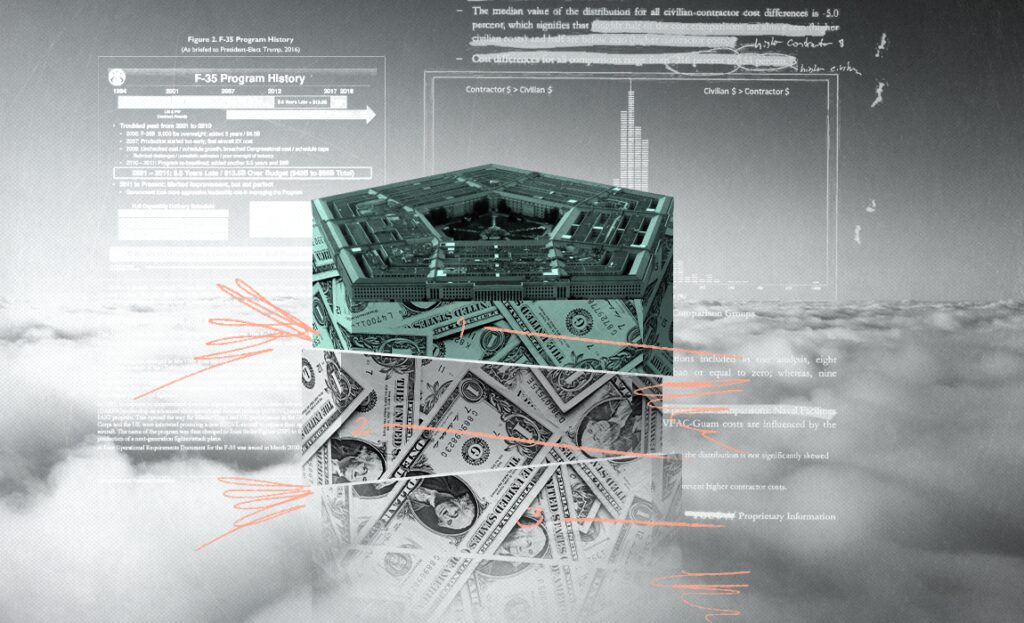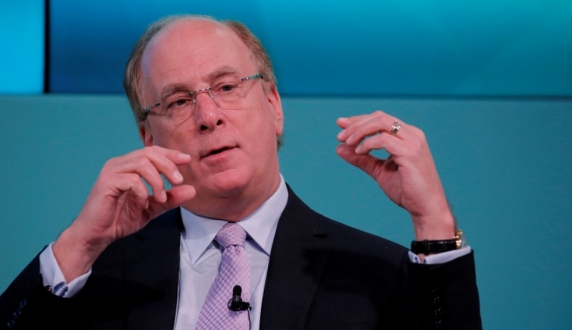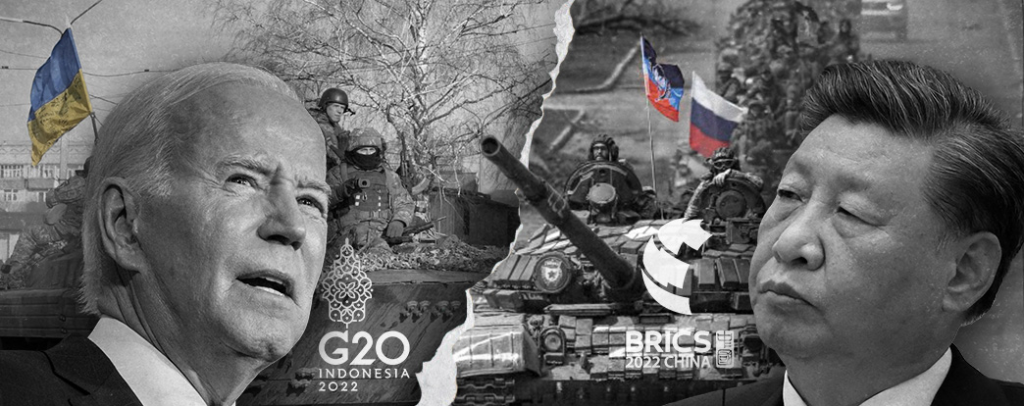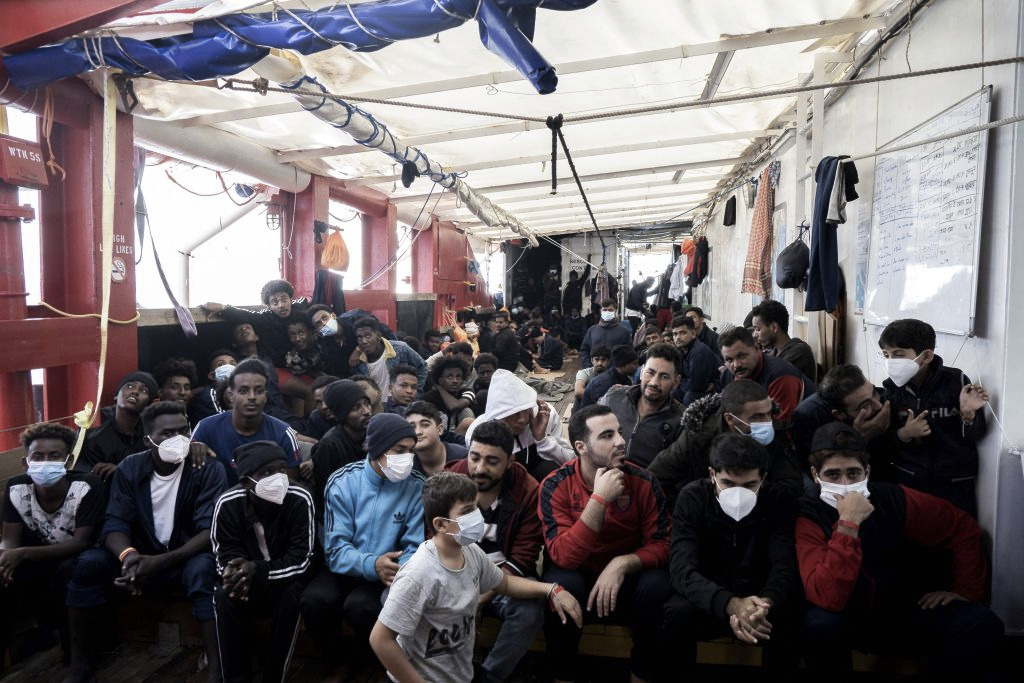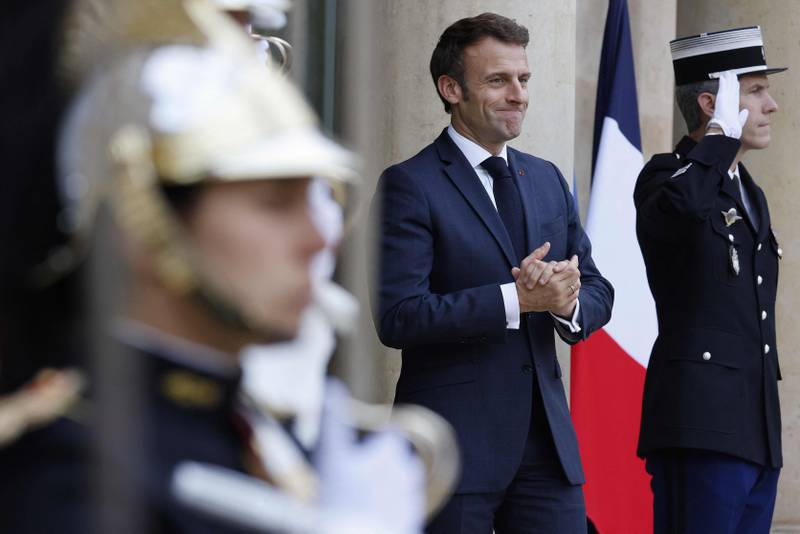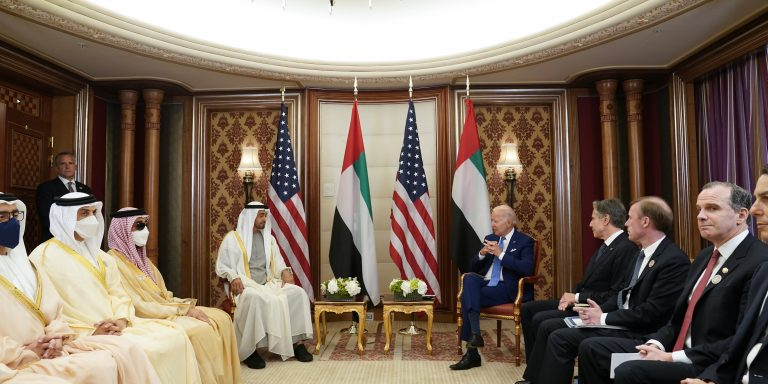The Geo-Politics Of Natural Gas To Europe – Analysis

It seemed like a good idea at the time.
In January 2022, as Russian troops were massing on Ukraine’s border, the U.S. government withdrew support for the EastMed natural gas pipeline, claiming the project conflicted with the environmental goals of the administration of U.S. President Joe Biden, and created tensions in the region.

